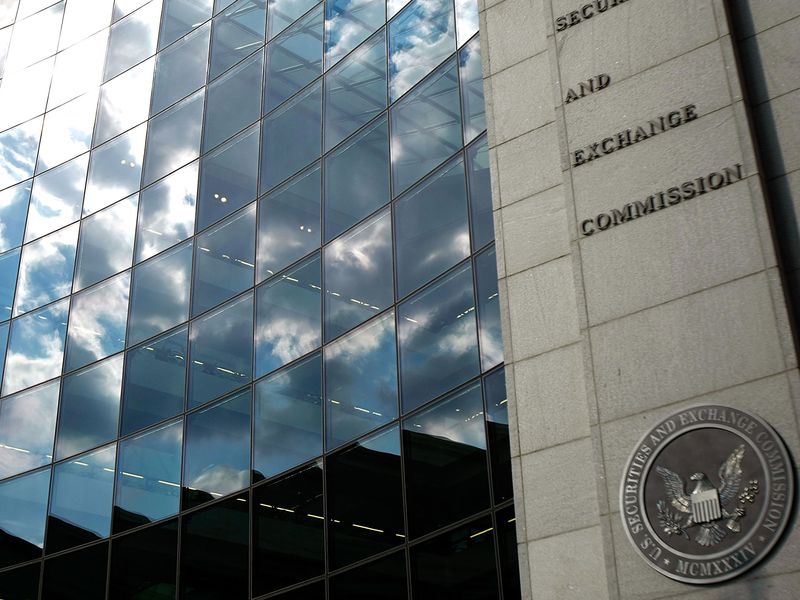What’s the Deal With Sam Bankman-Fried’s ‘Advice of Counsel’ Defense
Yesterday, Sam Bankman-Fried took the stand at his monumental criminal trial, but not for the benefit of the jury. Instead, in a marathon session, SBF took the stand and gave New York District Judge Lewis Kaplan a dry run of what certain — let’s call it controversial — testimony could sound like in court.
Over the past few weeks, Sam Bankman-Fried’s lawyers have been lambasted by onlookers and the presiding judge for what looks like an incongruous or inarticulate defense strategy in face of the stronger narrative of SBF’s multi-year scheme to defraud FTX’s users and investors. That’s largely for two reasons: most importantly, up until Thursday, we were in “the prosecution’s case,” meaning it was attorneys for the U.S. Department of Justice looking to convict SBF who scheduled the witnesses and largely ran the narrative.
This is an excerpt from The Node newsletter, a daily roundup of the most pivotal crypto news on CoinDesk and beyond. You can subscribe to get the full newsletter here.
Nothing even says SBF’s defense counsel needs to “bring a defense,” if they feel the U.S. attorneys haven’t convincingly made their case. But SBF wanted to testify, for any number of myriad personal and philosophical hangups. So the defense is “bringing a defense,” but not exactly the one they really would have liked to. Before the trial started, we heard much of SBF’s strategy would be rolled up into two basic arguments: blaming his ex-girlfriend, Caroline Ellison, and blaming his ex-lawyers.
The so-called advice-of-counsel defense is a well-established legal routine that tries to cast doubt in a defendant’s culpability by spreading fault to people who were advising him, and should have known better.
DOJ lawyers, however, have long argued this strategy is besides the point, and have filed numerous documents in the case saying SBF’s lawyers should be prohibited from making it, in part because it might distract the jury from the actual crime. You know, the $8 billion embezzlement scheme SBF has been accused of. By and large, Kaplan has been partial to the prosecution here, and even prevented SBF’s counsel from bringing up his lawyers’ possible complicity in opening statements and permitting Can Sun, former general counsel at FTX, to testify under a non-prosecution agreement.
On Thursday, Kaplan was trying to work out how much of this argument SBF’s lawyers can coax out of him on the stand, saying both sides have submitted lengthy filings that he hadn’t made up his mind on. Not only could an advice-of-counsel argument mislead jurors, but in many cases it often requires more formal legwork in trying to establish timelines and dig up legal documents than SBF’s lawyers seem to have put in.
SBF’s lawyers, instead, argue they are looking to present a sort of abridged advice of counsel defense. They asked him questions about the auto-deleting Signal messaging settings SBF asked his underlings to use as well as the payment agreement between Alameda Research and FTX, which SBF’s lawyers were supposed to privy to to make the case that everything was above board even as SBF directed staff to drain customer funds from his exchange.
The prosecution says this is just as misleading as a traditional advice-of-counsel defense, and a way to slip in a legal theory they cannot truly support. Take the so-called “transfer agent agreement” document brought up in SBF’s testimony, which his lawyers could have subpoenaed from the FTX estate, but didn’t. So instead, SBF, described as being flushed at times, rambly and having trouble drinking water, testified about what he “believed” and “remembered” to be the case about some seemingly critical document that no one – judge, jury or executioner — has seen.
And so, Kaplan, as is his right, will decide this morning what if any of SBF’s testimony about the advice his lawyers gave him can become an official part of his defense. Whether allowed or not, SBF is fighting an uphill battle. As Kaplan himself asked defense after SBF’s testimony, looking for their input on why this should all go before a jury: Isn’t this a matter of a thief stealing money and asking lawyers to draft up documents allowing him to spend it?
Edited by Ben Schiller.









